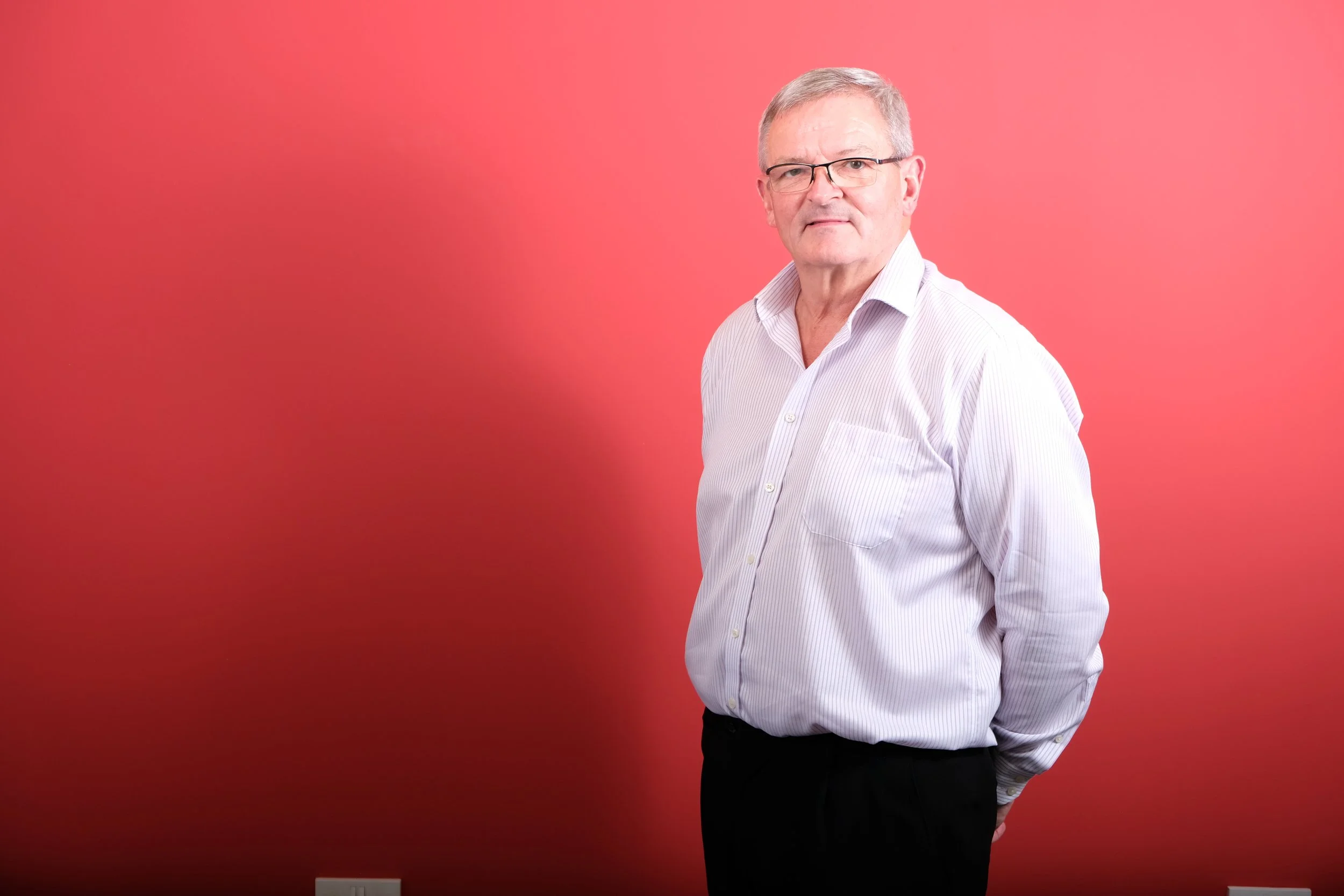Reduce, Reuse, Recycle: Mike Colohan on decommissioned tanks and residual fuels
We sat down with Mike Colohan to discuss OTS Group’s innovative approach to handling decommissioned tanks and residual fuels.
Tank decommissioning is a challenge for many in the industry. We asked Mike Colohan to share what OTS Group does differently with decommissioned tanks and residual fuel.
[Mike Colohan] At OTS, we recognise the need for a service that not only safely decommissions tanks but also disposes of the tanks and recovers and repurposes residual fuels. We operate a waste licensed environmental facility in the Cotswolds which enables us to process decommissioned tanks and residual fuels, and with our new HVAC tanker arriving in March, we’re set to increase our capacity for fuel uplift and disposal jobs significantly.
[Nadine Cameron] That sounds like a comprehensive approach. Can you elaborate on the fuel uplift service?
[MC] Sure. The essence of our fuel uplift service is quality and environmental stewardship. We don’t just remove the fuel and put it back into new or refurbished tanks; we polish and test it until it meets our stringent quality standards. Our onsite fuel storage facilities allow us to refine the fuel to its highest quality, which is a part of our broader commitment to sustainable decommissioning solutions. Moreover, we’re compliant with the RDCO scheme, enabling us to buy back fuel and offer commercial value to our clients through our 'We Buy Any Fuel' scheme.
[NC] Moving beyond fuel, how does OTS handle the physical tanks once they're decommissioned?
[MC] Transporting decommissioned tanks safely is a priority for us. For tanks up to 140K Litres, our trained team can transport them without issue once they’ve been gas-free certified by our trained engineers. Larger tanks require onsite cutting to facilitate transport – this is a service we also offer, always adhering to our strict safety protocols. We also operate a ‘We Buy Any Tank’ scheme, reflecting our belief in the full lifecycle value of these tanks. Whether they’re reconditioned for reuse or recycled for scrap, we ensure they continue to offer value.
[NC] That’s an interesting approach. How does this benefit your clients directly?
[MC] In several ways. First, through the environmental responsibility we uphold in handling the decommissioning process. Secondly, through the commercial value we offer, including a rebate for decommissioned tanks, currently valued at £100 per tonne providing the processability is cost effective. It's our way of thanking our clients for making sustainable choices and acknowledging that decommissioned tanks still hold value. Thirdly, wherever possible we look to reduce the impact on the environment by processing fuels that might otherwise be considered 'waste' at our Environmental Facility. By recovering fuels through filtration and polishing, we can potentially add commercial value for our clients in the form of a credit. Often, our clients may not have a further use for the product themselves. In such cases, leveraging our network, we aim to offer the laboratory-certified processed fuel to the market as a replenished product.
[NC] It’s clear OTS Group is pioneering sustainable solutions in tank decommissioning. Any final thoughts on the impact of these initiatives?
[MC] Our goal is to redefine the lifecycle of industrial tanks. By turning potential waste problems into opportunities for recovery and reuse, we’re not only mitigating environmental impact but also setting a benchmark for the industry. It’s about showing that sustainable choices are not only possible but beneficial for everyone involved.
[NC] Thank you for sharing these insights, Mike. OTS Group’s work shows the positive impact that innovative thinking and commitment to sustainability can have in the industrial sector.
Mike Colohan’s perspectives shed light on the importance of sustainable practices in the decommissioning of tanks, emphasising not just the environmental benefits but also the added value for clients. OTS Group’s approach serves as a model for the industry, demonstrating how responsible environmental stewardship and commercial viability can go hand in hand.


